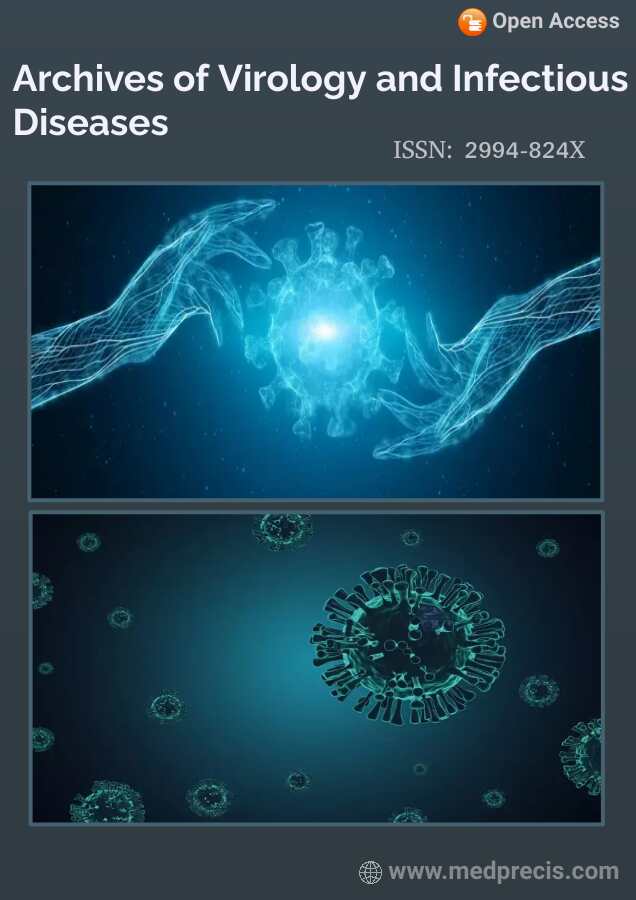Prevalence, Distribution and Serotyping of Dengue Virus and Characterization of the Non-Structural Gene from Pakistani Isolates
Muhammad Bilal Khan Deeba Amraiz Rehana Rani Yeou-Lih Huang Hans-Uwe Dahms4 Liaqat AliAbstract :
ABSTRACT
Dengue fever is a mosquito-borne arboviral disease caused by any of four related dengue viruses: dengue virus 1, 2, 3, and 4 (DENV-1-4). The dengue viruses cause millions of infections worldwide every year.
The aim of this study is to identify the identity, prevalence, and distribution of Dengue serotypes during the COVID-19 pandemic (2020-2022) in Pakistan, and to characterize the non-structural gene 3 (NS3) for further functional analysis to make novel therapeutics for dengue viral infections. Dengue virus symptomatic samples were collected, analyzed by ICT method for DENV NS1 antigen and then subjected to PCR to determine the serotype responsible for infection. The identity of the DENV responsible for infection was confirmed through amplification of the DENV serotype-2 and DENV NS3 gene. We found that DENV-2 was the most prevalent DENV in Pakistan during the COVID-19 pandemic. Pakistani DENV-2 sequences were closely related to DENV-2 sequences reported from India, China, Malaysia, Singapore, US and Brazil with homologies above 99%. Our results also showed that males were more affected than females, and we also found co-infections of serotype-2 patients with serotype-3. The occurrence of co-infection with different genotypes or serotypes may raise the disease risk and severity in subsequent outbreaks in Pakistan. These results highlight the need for further surveillance of circulating dengue viruses to aid early diagnosis, determine disease burden and distribution and provide the basis for targeted therapeutics and therapies against dengue infection.
Keywords: Dengue; Serotype; Co-infection; Pathogenesis; Mosquito-borne; NS3; Therapeutic.


